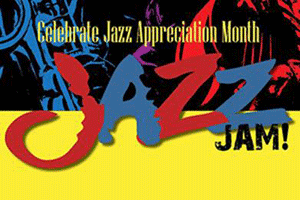“Word Echoes from SANZ”: “Christmas Season”
Written by Helewise Arends on December 19, 2017
Christmas is the annual feast commemorating the birth of Jesus Christ.
25th December was not celebrated as the birthday of Christ until AD 440.
For Christians, it is not just a single day (Dec. 25), but an extended liturgical season of joy and celebration,
involving many different symbols and traditions, special music and activities.
CHRISTMAS is derived from the Old English word “Cristes mæsse” (lit. Christ’s festival).
It is similar to Dutch Kerstmis, but has different meanings in many other European languages:
German Weihnachten (“Blessed Night”), Italian Natale,
Spanish Navidad, French Noël (all ultimately derived from Latin natalis, “birth”),
Scandinavian jul (similar to English yule).
The official liturgical colour of the Christmas Season for most Churches is white or gold,
not green and red, as many people assume.
St. Francis of Assisi introduced Christmas carols to formal church services.
The word comes from the ancient Greek “choros”, which means “dancing in a circle”,
and from the old French word “carole” meaning “a song to accompany dancing”.
One of the most recorded carol around the world is “Silent Night”
The words of Silent Night were written by a priest called Fr. Joseph Mohr in Austria in 1816
and the music was added by his school teacher friend, Frans Xaver Gruber
in 1818 for the Christmas service at St. Nicholas church in Austria.
Fr Mohr asked Frans Fruber to compose the melody with a guitar arrangement; and he only wrote
an arrangement for the organ several years later. The original words of the song were in German
and was translated into English in 1863 by John Freeman Young.
The popular song “Jingle Bells” was composed in 1857 by James Peirpont, and was originally called
“One-Horse Open Sleigh”. It was actually written for Thanksgiving, not Christmas.
The “12 Days of Christmas” was written to help children learn about the Catholic religion.
In the carol, the days are supposed to represent special symbols and have hidden meanings,
because it was illegal to have anything in writing indicating that you were a Catholic
in England between 1558 and 1829.
The 12 days of Christmas refer to the 12 day period that starts
with Christmas day and ends on Epiphany (6th January).
Wherever you are celebrating this Christmas Season, may it be a Season of Hope, of Joyful expectation and of Peaceful preparation.
*MERRY CHRISTMAS*




